
United States Ambassador to the United Nations Nikki Haley called out Russia for vetoing a U.N. Security Council resolution that would have condemned Iran for arming the Houthi rebels in Yemen and suggested that the U.S. could put matters into its own hands.
“If Russia is going to continue to cover for Iran then the US and our partners need to take action on our own,” Haley said. “If we’re not going to get action on the council then we have to take our own actions.”
According to Reuters and Algemeiner, the drafted resolution first stated that Iran violated an embargo on supplying weapons to the Houthis based on a report from U.N. experts but was later watered down to only express “particular concern” about Iran’s violations to appease Russia. And yet, Russia still vetoed the condemnation, as they were reportedly skeptical of the experts’ conclusions.
Haley’s statement comes as the Trump administration is considering nixing the Iran nuclear deal unless substantial changes are made, and Haley said that the Security Council “doesn’t help” proponents of the deal.
“That just validated a lot of what we already thought, which is Iran gets a pass for its dangerous and illegal behavior,” Haley said.
Iran claimed that the U.S. and Britain were simply scapegoating them for the carnage in Yemen. Tehran has denied accusations that they are arming the Houthis, although their denials are belied by various reports to the contrary. It’s unsurprising that Russia would provide cover to Iran given the two countries have been allies for years due to their shared hatred toward the West.
As the Council on Foreign Relations (CFR) points out, Iran and the Houthis share differing beliefs in Shia Islam but they are aligned by geopolitics since “Iran seeks to challenge Saudi and U.S. dominance of the region, and the Houthis are the primary opposition to [interim President Abed Rabbo Mansour al-] Hadi’s Saudi- and U.S.-backed government in Sana’a.”
The Houthis ignited the three-year civil war in Yemen when they wrestled power from Hadi, prompting Saudi Arabia to intervene in the conflict and fight the Houthis in an attempt to curb Iran’s influence in the region and reinstate Hadi’s power. The U.S. is backing the Saudis in the conflict.
The civil war has been devastating on the civilians, as thousands have been killed and millions more are in dire need of aid.



















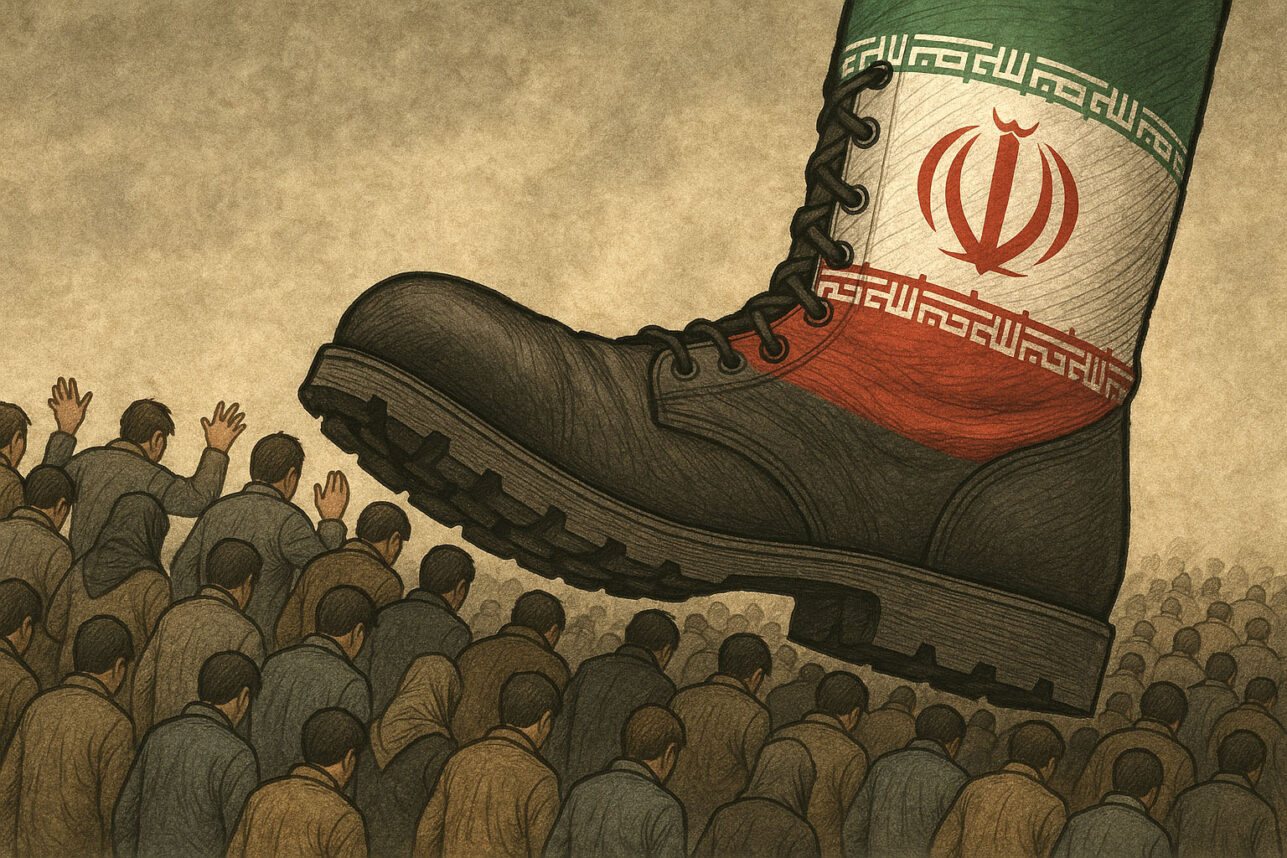

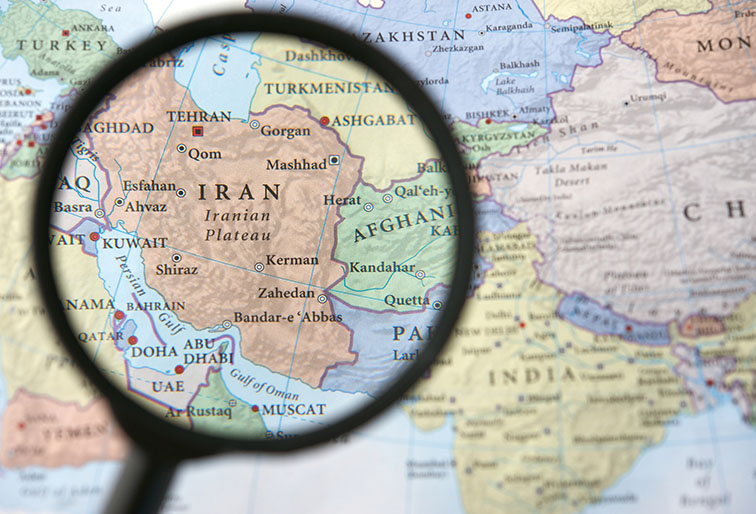
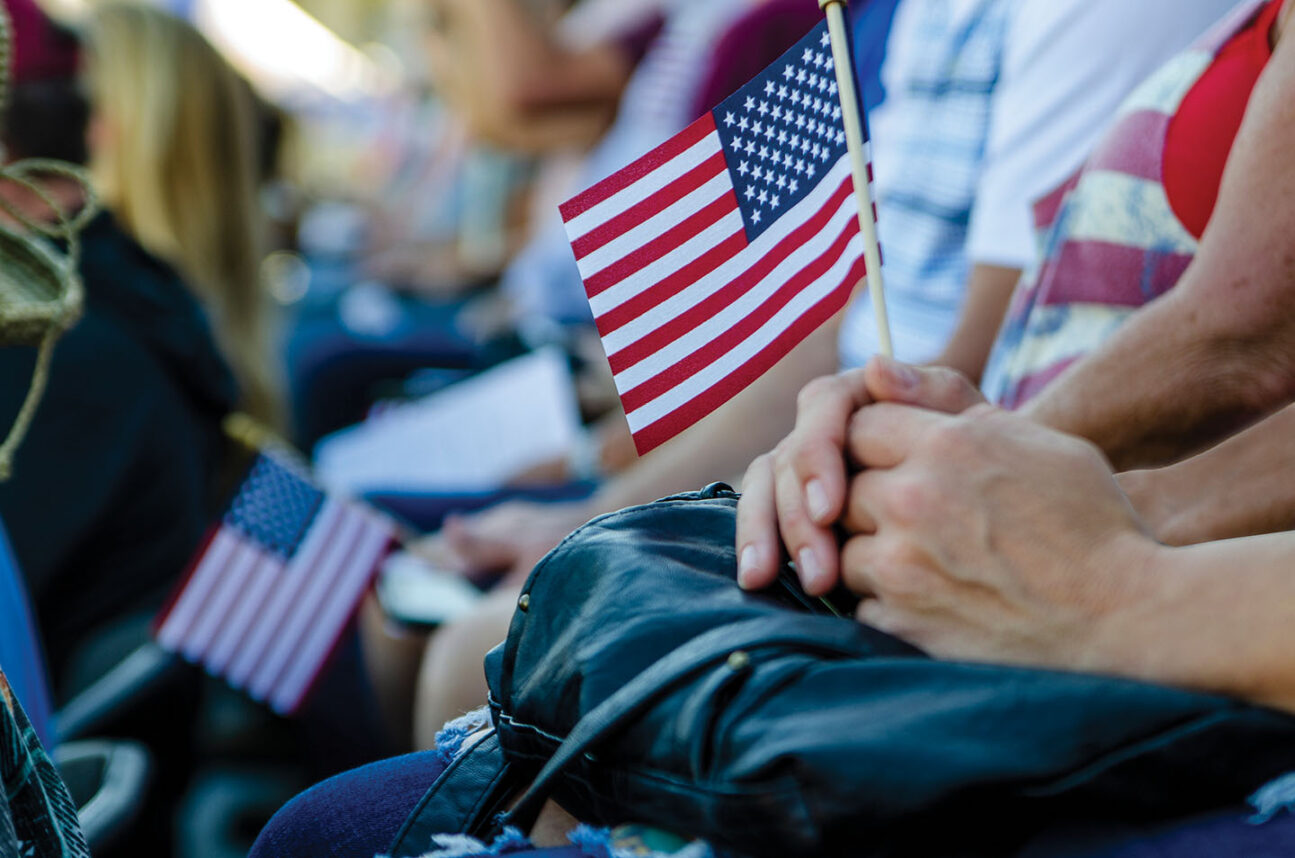
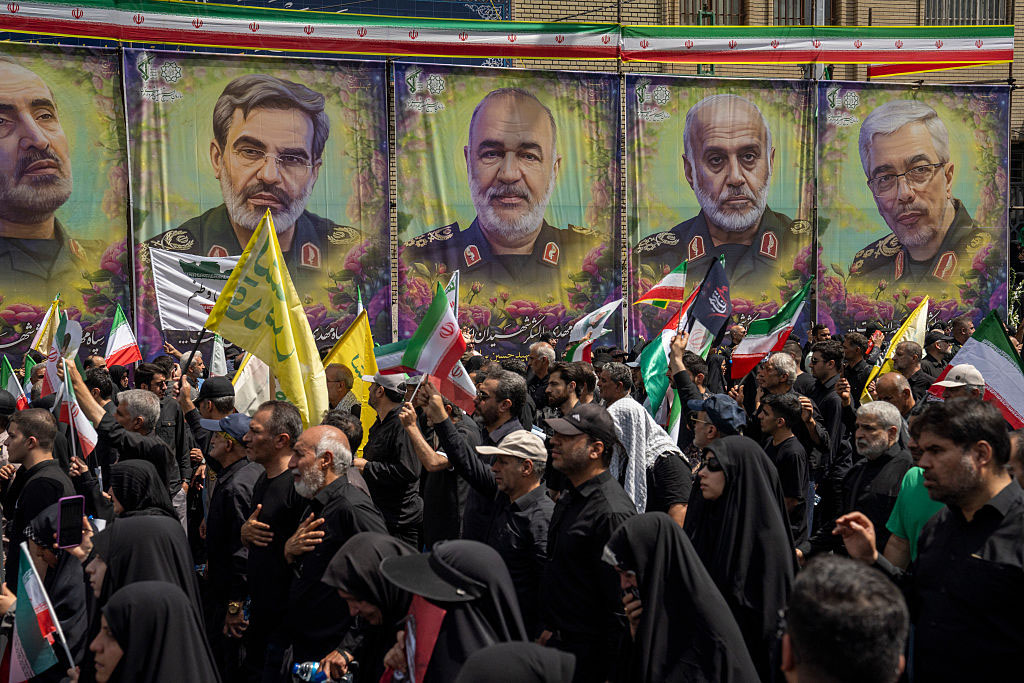
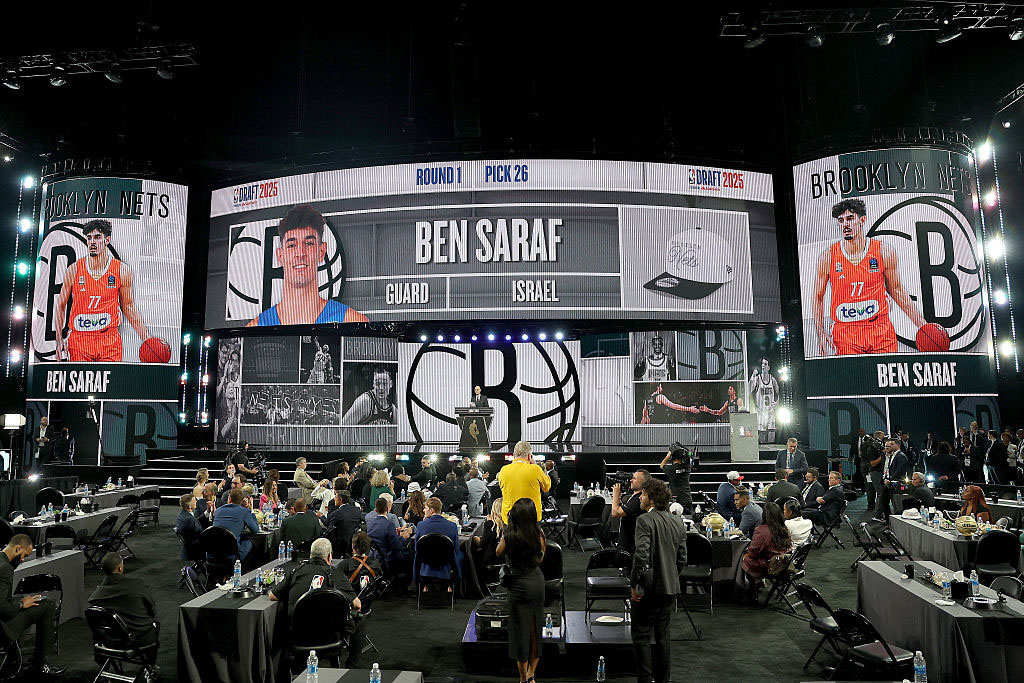









 More news and opinions than at a Shabbat dinner, right in your inbox.
More news and opinions than at a Shabbat dinner, right in your inbox.